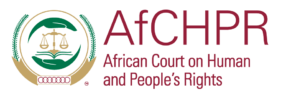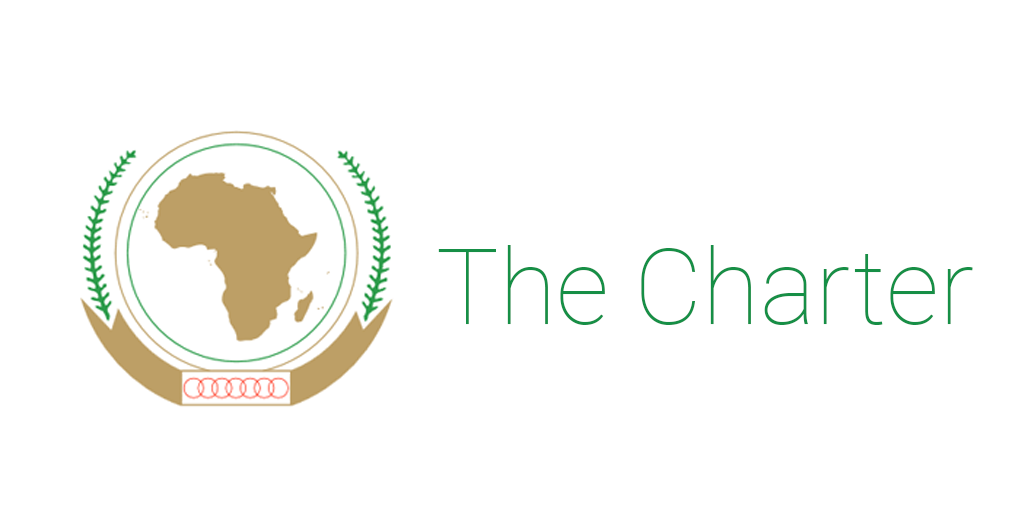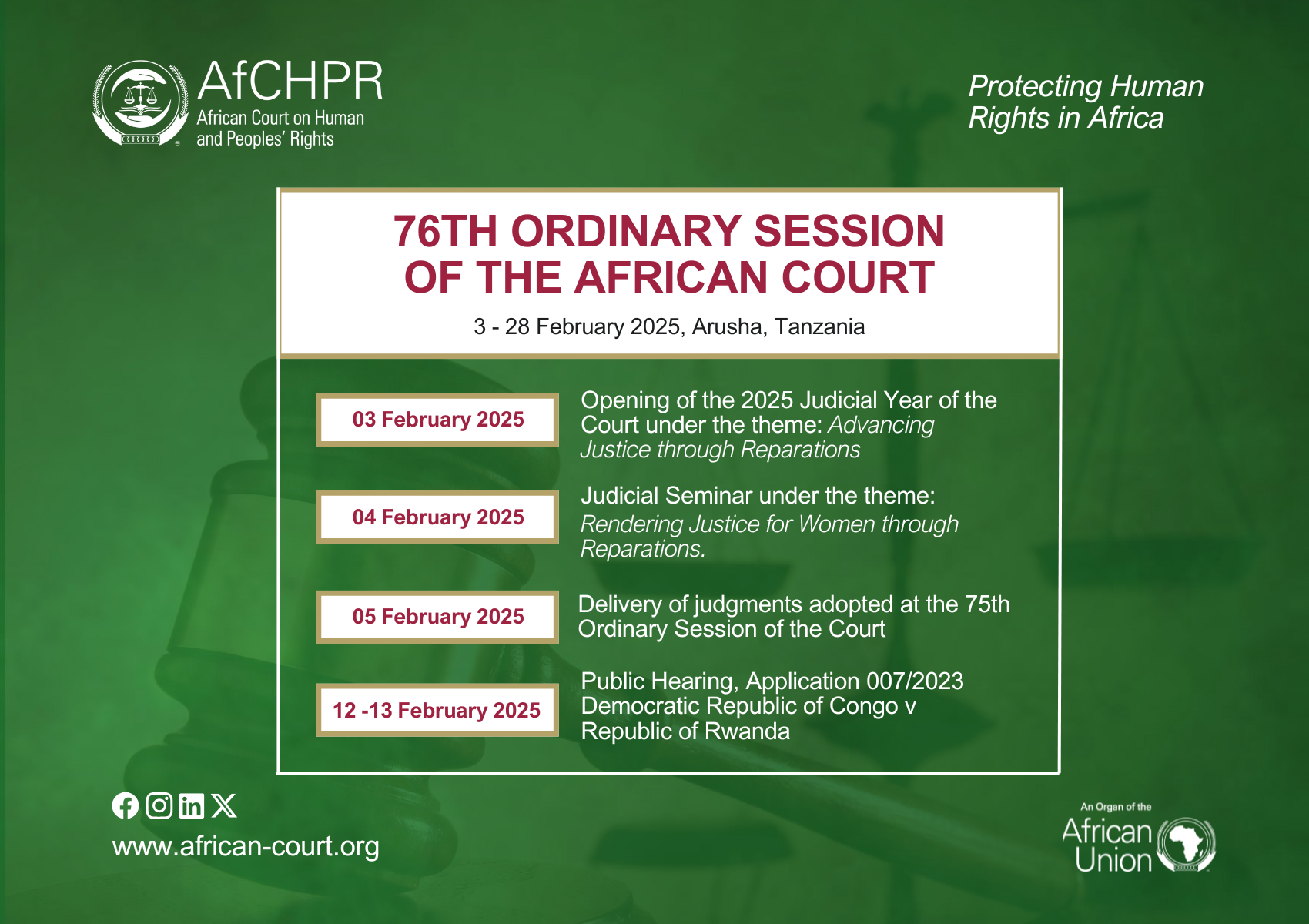Arusha, 24 April 2017: The President of the African Court on Human and Peoples’ Rights (AfCHPR), Hon. Justice Sylvain Orė, called on H.E Alassane Ouattara, President of the Republic of Côte d’Ivoire, at his Palace in Abidjan on 18 April 2017, for discussions on a range of issues, including the work of the African Court and the protection of human rights on the continent, the organization of the third Continental Judicial Dialogue and the 47th Ordinary Session of the Court in Abidjan.
Justice Orė thanked his host and his government for their continued support to the work and programmes of the Court not only in Côte d’Ivoire but also within the African Union.
President Ouattara reiterated his government’s commitment and full support to the African Court’s mandate and welcomed the Court’s leadership and officials to host their 47th Ordinary Session and the third Judicial Dialogue in Abidjan in November this year.
He pledged his government’s readiness to work hand in hand with the Court to put in place all necessary arrangements to make the two activities very memorable events.
NOTES FOR EDITORS:
1. The African Court on Human and Peoples’ Rights was established by virtue of Article 1 of the Protocol to the African Charter on Human and Peoples’ Rights on the Establishment of an African Court on Human and Peoples’ Rights, to complement the protective mandate of the African Commission on Human and Peoples’ Rights, with a view to enhancing the protection of human rights on the continent.
2. Since the adoption of the Protocol in June 1998, 30 of 55 AU Member States have ratified it and only eight State Parties to the Protocol have made the declaration under Article 34(6). Tunisia signed the declaration on 13 April, 2017, becoming the eighth country to do so. Other countries that have previously signed it are Benin, Burkina Faso, Côte d’Ivoire, Ghana, Malawi, Mali and Tanzania.
Rwanda, which had signed, formally withdrew from the declaration last month, although the African Union Summit has urged the East African country to reconsider its position.
3. As at April 2017, the Court received 138 applications. It has finalized 32 cases.
4. The Court is composed of 11 Judges, nationals of Member States of the African Union elected in their individual capacity.
5. The Court meets four times a year in Ordinary Sessions and may hold Extra-Ordinary Sessions.














